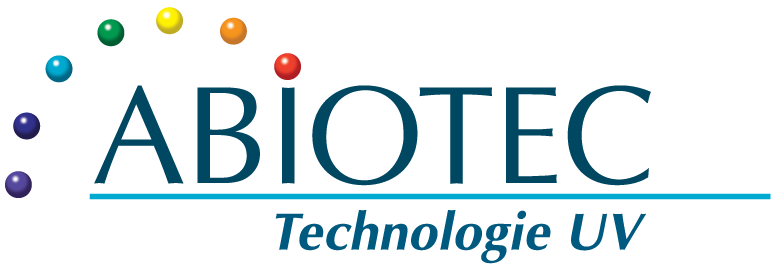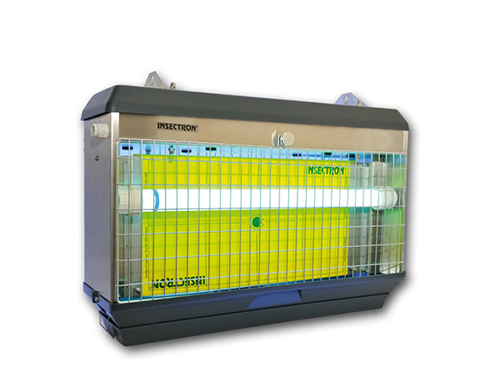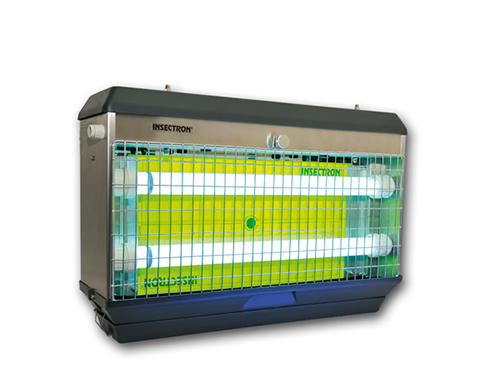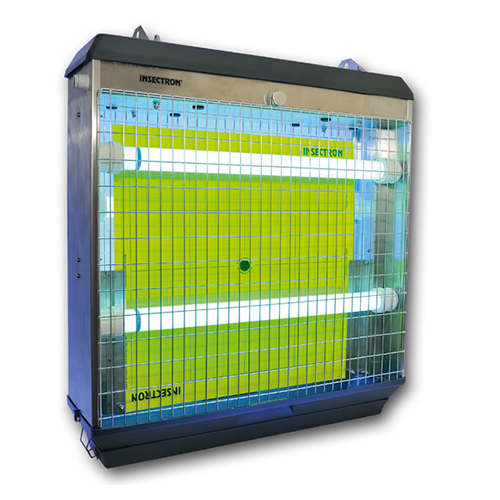UV decontamination of wastewater
Discover Abiotec’s UV disinfection solutions
Ecological solution often preferred for disinfecting wastewater or water recycled for irrigation (golf courses, green spaces, crops, etc.).
The Abiotec process prevents the formation of undesirable by-products encountered when using oxidising agents (chlorine, ozone, etc.) in the presence of organic materials.
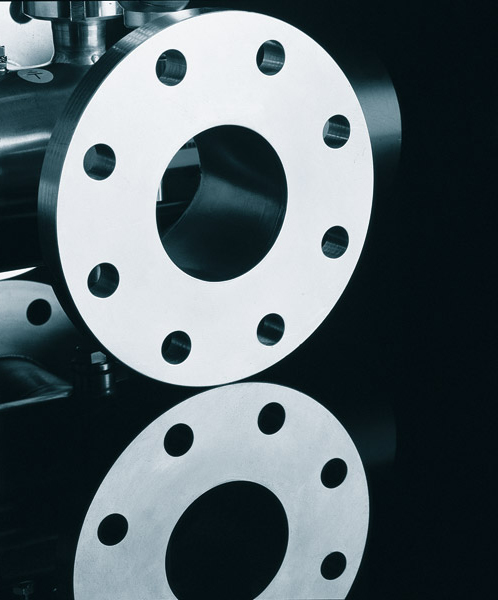
The advantage of Abiotec solution:
Hydraulic fittings which can be adapted to the standards of the station
High-performance, high-reliability UV lamps (Low Pressure Amalgam or Medium Pressure)
Chamber which may be opened allowing an internal inspection to be carried out without disconnecting pipes
All metal parts in contact with water made of 316L stainless steel
Top of the range IP54 electrical cabinet (alarm relay, lamp fault indicator, display of UV dose in mJ/cm², etc.)
Experienced and responsive After-Sales Service team
Integrated manual or automatic cleaning system
Perfect finishes
Why use UV disinfection for the treatment of wastewater?
Total efficiency
Physical process without any chemical product which operates continuously
Easy to implement
May be combined with any type of filtration system
No hazardous by-products created
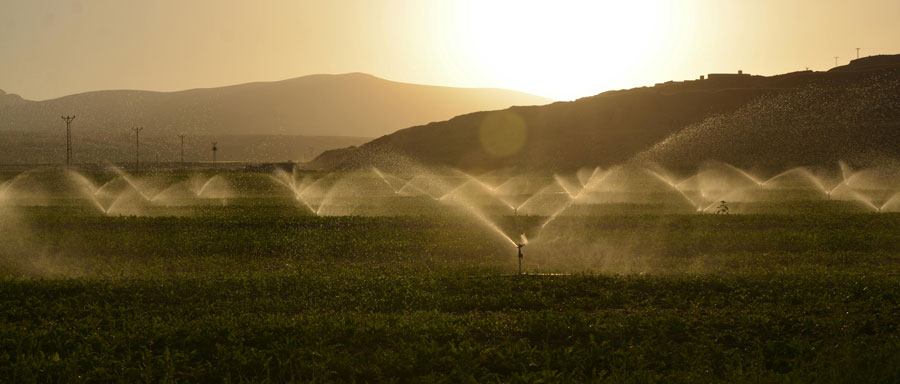
UV for water reuse
Water Reuse in France: A Crucial Solution for Water Resource Management
In France, as in many regions of the world, sustainable water management has become a key priority in the face of challenges posed by climate change, population growth, and pressure on natural resources. In this context, water reuse (REUSE) is emerging as an innovative and necessary solution to ensure the future availability of this vital resource.
Water reuse, also known as water recycling, involves treating wastewater to make it suitable for a specific use such as industrial water, agricultural irrigation, watering green spaces, or even groundwater recharge. This approach offers multiple benefits, including preserving freshwater resources, reducing water pollution, and ensuring water supply security.
The water context in France:
France is often considered a country abundant in water resources, with its numerous rivers, lakes, and groundwater. However, the uneven distribution of rainfall and water resources, combined with inadequate management and growing demand, is creating tensions in some regions of the country. Furthermore, climate change is leading to extreme weather events, such as prolonged droughts and floods, which are exacerbating pressures on water resources.
Underutilized Potential:
Despite its potential, water reuse remains largely underutilized in France. Unlike in other countries, where wastewater recycling systems are more widespread, however, water reuse is becoming increasingly necessary. As a result, water reuse is increasingly integrated into public policies and water management practices. Many local authorities are implementing water reuse projects to meet non-potable water needs, such as crop irrigation, maintenance of public green spaces, and replenishing artificial bodies of water.
For example, ABIOTEC contributed to two major projects in 2023 in the Hautes-Alpes and Alpes-Maritimes regions.
Although water reuse is still in its development phase in France, several initiatives and pilot projects have demonstrated its effectiveness and potential. Similarly, some wastewater treatment plants are experimenting with advanced technologies to produce higher quality water for industrial or agricultural purposes.
Challenges and Opportunities:
The implementation of water reuse in France faces several challenges, including concerns related to health safety, social perception, and regulations. However, these challenges can be overcome through technological advances and the use of UV systems for disinfection.
In most of these applications, the use of chemicals is often prohibited; UV technology is therefore the best solution for tertiary treatment to treat:
Bacteria
Viruses
Pathogens
and many more…
Potential Applications:
Water reuse can be implemented in a variety of areas to meet different needs and contribute to sustainable water resource management. Here are some of the most common uses for water reuse:
Agricultural Irrigation
Treated water can be used for crop irrigation, reducing pressure on freshwater sources and contributing to the sustainability of agricultural practices.
Cooling Water
In power plants and other facilities requiring cooling systems, treated water can be used as an alternative to fresh water for cooling equipment.
Industry
In the industrial sector, treated water can be used as process water for industrial operations such as cooling, washing, and manufacturing. This reduces dependence on freshwater sources and contributes to the sustainability of industrial processes.
Green Spaces and Landscaping
Treated water can be used to irrigate green spaces, parks, golf courses, and other landscaped areas, thus contributing to the conservation of freshwater resources and environmental protection.
Washing and Cleaning Water
Treated water can be used for washing and cleaning operations in industrial facilities, commercial and residential buildings, as well as for cleaning streets and public spaces in urban areas.
Groundwater Recharge
In some regions, treated water can be infiltrated into the ground to recharge groundwater, thus contributing to the restoration of groundwater resources.
Indeed, water reuse represents a promising solution for ensuring water security and promoting environmental sustainability in France. By integrating this practice into its water management policy, France can not only address current challenges related to water availability, but also create a future where water resources are used efficiently and in a balanced manner for the well-being of all and future generations.
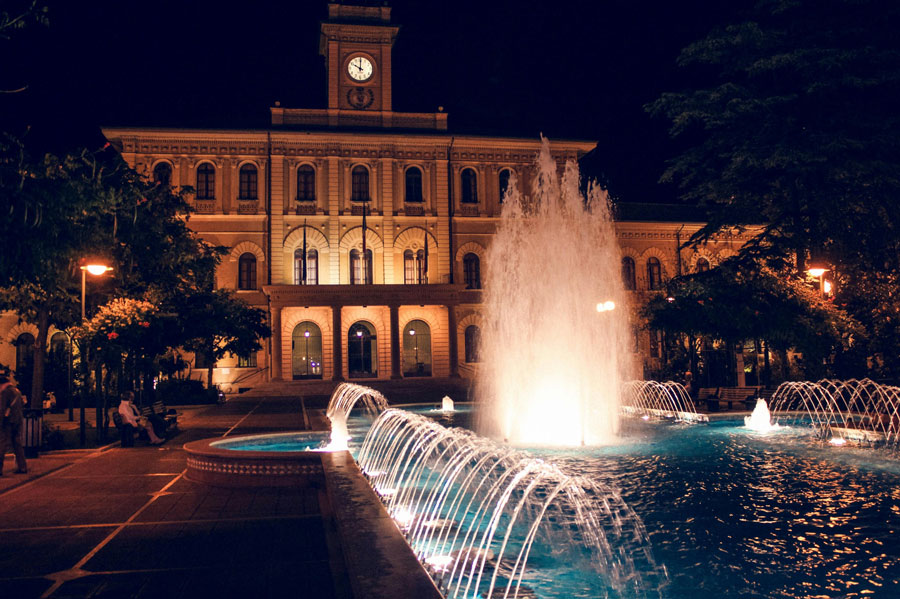
A range of technologies tailored to customer needs:
In concrete terms, to eliminate hazardous compounds contained in wastewater, two phases are necessary: filtration and disinfection (by UV and/or chemical irradiation).
The second class is granular filtration with sand filters. Water clarification is even more advanced, with a cut-off threshold between 1 and 5 micrometers.
Finally, the third and most advanced system is ultraviolet filtration, which eliminates a large proportion of bacteria and viruses.
Strict regulations:
Category C water, on the other hand, is only authorized for irrigating short-rotation coppices.
The choice of filters is also dictated by the quality of the incoming and outgoing water, both entering our treatment systems.
This is essential for water use in industry, requiring us to further customize our systems to eliminate, for example, dissolved pollution through additional treatment steps requiring other types of filters, particularly for dissolved salts.
30% reduction in consumption
Thanks to the audit of industrial processes carried out by our clients, consumption savings can reach 30%.
The Cost/Benefit Ratio of Wastewater Treatment (WWTR)
Producing WWTR comes at a cost and requires investments that are all the more substantial the more complex and demanding the project is in terms of water quality. This is despite the fact that water agencies can currently partially subsidize preliminary studies and construction.
However, it is worth considering the subject from a cost/benefit perspective, as WWTR has numerous advantages:
A comprehensive and appropriate range
Drawing on more than 30 years’ experience, our experts produce the optimum design using CFD (Computational Fluid Dynamics) to determine the diameter of the chamber and the material to be used, the type of lamp, the lamp power most suited to the quantity and quality of water to be treated while maintaining efficiency and savings.
Abiotec’s UV systems designed to treat water for human consumption have an Attestation de Conformité sanitaire (ACS) (Health compliance certificate) issued by a laboratory approved by the Ministry of Health.
Millions of litres of wastewater are decontaminated every day by Abiotec’s UV systems
You can also call us
